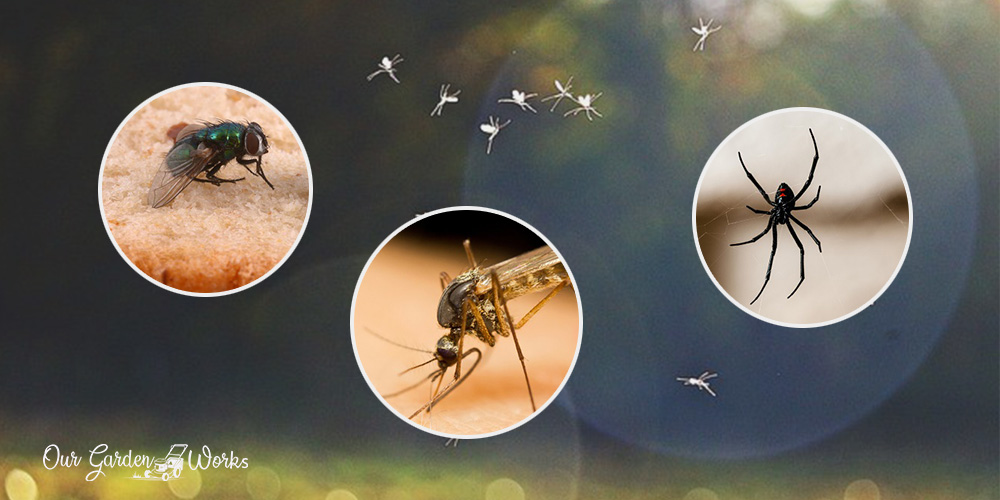Citronella oil is popular for its relaxing scent and insect repellent properties. However, citronella products rarely mention or answer the question: what bugs does citronella keep away. As a natural alternative to chemical bug sprays, we will identify the pests that you can repel when using citronella oil.
Before you start using citronella on the bugs mentioned in this post, we’d like to set your expectations that citronella can only repel bugs.
It is incapable of killing them. Therefore, you cannot use citronella oil on heavy pest infestations.
Let’s start this post about the simple confusion people make about citronella, so you can make a wise decision in selecting the best citronella brand for your home.
The confusion about citronella
Citronella can mean a lot of things. It can be a plant or an essential oil extracted from a group of plants. The citronella oil that we have in the market comes from different species of lemongrass and citronella plants.
Both essential oils that come from these plant species have insect-repelling properties.
However, there is a slight difference between their scent. Citing their difference is crucial for people who have specific allergies or intolerance on lemongrass or citronella extracts.
To further see their distinct features, here’s a brief introduction to the two primary sources of citronella oil used for insect repellants:
a) Citronella plant or citronella grass (Cymbopogon nordus): A plant specie often found in tropical regions and has been a popular plant used to repel insects due to its strong scent.
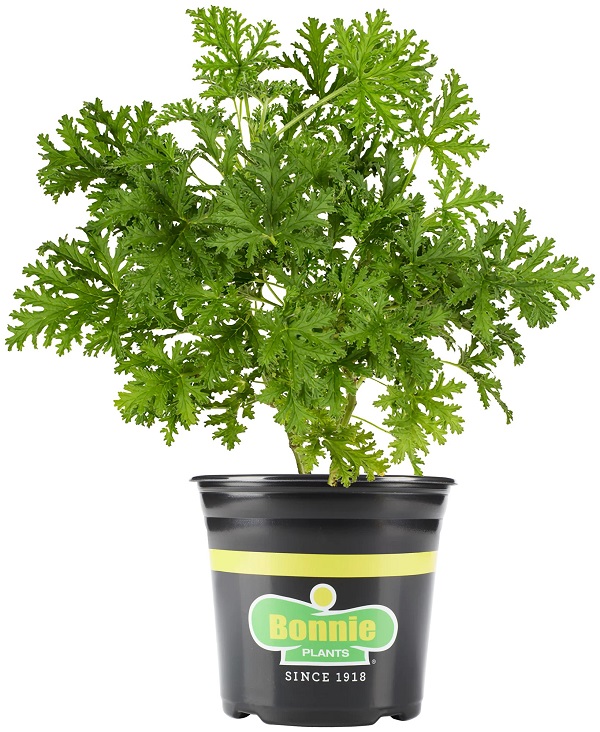
It is considered an invasive specie since it occupies farmlands but cattles and other livestock animals can’t eat it due to its smell.
Citronella plant is a good source of citronella oil with a more fragrant smell (for some people) than lemongrass varieties. Its distinctive feature is its magenta base stems and its leaves that allows gardeners to easily identify them around vegetations.
b) Lemongrass (Cymbopogon): A genus of tropical grass varieties that is closely related to citronella plants. It is often mistaken as the citronella plant but it is composed of several varieties that exudes strong scents.
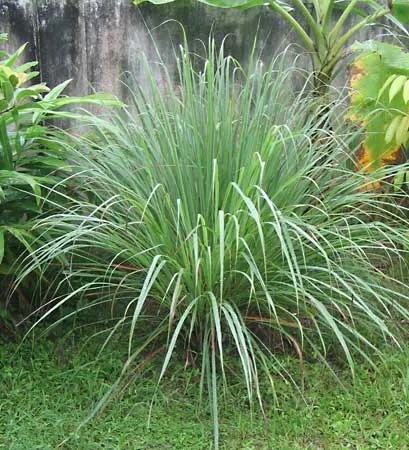
Cymbopogon citratus is the variety of lemongrass that is popular in culinary cooking. It has a citrus aroma that gives chicken and pork meat an herby taste. According to some gardeners, lemongrass has a more citrus scent compared to citronella plants.
The unique distinction of lemongrass varieties are its grass-like leaves and its green base.
At a glance, you can easily tell the difference between them and citronella plants but pinch their leaves and you’ll notice their similar smell.
Safety and efficiency of citronella essential oil
If you’ve been searching about citronella, you may notice that some people find it ineffective in repelling some of the most annoying bugs.
Citronella candles and other citronella-based products have been a subject for controversies in the past for being a fad trend that wastes everyone’s money.
Well, here are some of the important facts about citronella-based products and the truth behind its efficiency issues:
- Citronella essential oil is a registered material used as insect-repellent in the US since 1948. US EPA considers it as a biopesticide that has a non-toxic effect, antifungal properties, and can be used for a wide variety of products.
- The mosquito-repellent qualities of citronella has been verified by several bodies of research. It is proven that the peak of its efficiency is when it is reapplied on the skin every 30 to 60 minutes.
- In the UK, citronella essential oil is banned and belongs to category 3 due to methyl eugenol. It is only permitted for use as a scent and not as an insect-repellent in the country.
- Citronella candles are considered as a non-effective way to ward off insects since the oil is consumed by the fire which possess the repellent effect of the oil.
What bugs does citronella keep away?: 7 bugs that hate its smell
Check out what are the top bugs that citronella oil from both citronella plant and lemongrass can repel with its strong pungent smell below:
#1 Mosquitoes
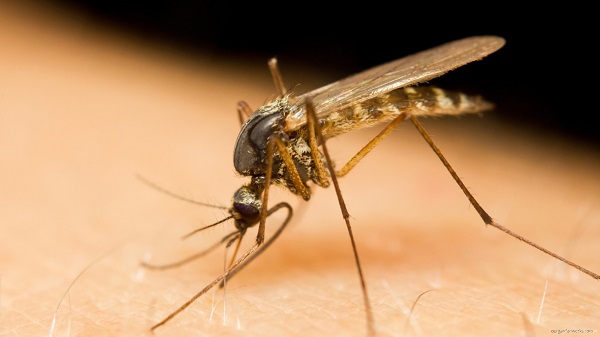
According to Michigan State University, entomologist Edward Walker, when citronella oil is applied on the skin, it has a short-term repellent properties that keeps mosquitoes away.
The ideal duration of its repellent efficiency is around 30 minutes to an hour and must be reapplied several times during the day for optimal protection.
Edward Walker also shared that using citronella oil along with clothing coverage can provide full protection against mosquitoes.
He also mentioned the specific types of effective natural mosquito repellents, such as:
- DEET.
- Catnip.
- Lemon eucalyptus oil.
- Picaridin.
- 2-undecanone.
- p-Menthane-3,8-diol.
- IR3535.
The controversial citronella candles is not effective in warding off mosquitoes.
Contrary to what is advertised, a study proves that it does not affect mosquitoes at all compared to lemon eucalyptus oil with 60% decrease in attraction rate for mosquitoes.
The repellent strength of citronella oil is in the oil itself. When citronella candles are lit, the fire consumes the oil, which negates its repellent properties.
Therefore, citronella candles are only ideal as a mood-setting aromatic candle rather than protecting you from itchy mosquito bites.
#2 Fleas and Ticks
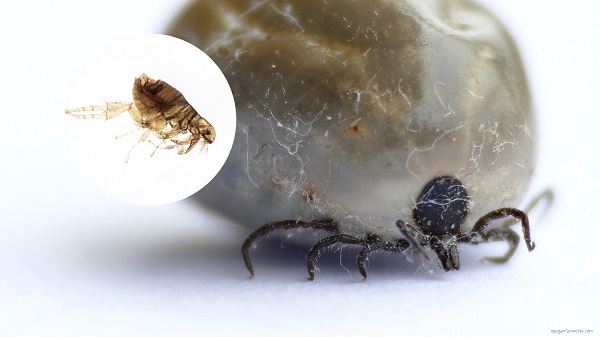
If you’re looking for an effective natural treatment for your pet’s fleas and ticks, diluted citronella oil can help.
Citronella oil is often used as an ingredient for dog and cat shampoos for its strong scent that manages pet bugs.
You can either buy citronella-based products or mix your citronella spray if you’re trying to save money.
You may spray diluted citronella oil on your pets once a week. However, if you frequently go for walks or hikes, you’ll need to spray your pets frequently.
How to make citronella spray for pets
Here’s how to mix your citronella oil spray and make several batches out of 1 pint of citronella oil:
Materials:
- 120 ml citronella oil.
- Spray bottle.
- 4 cups of water.
Directions:
- Fill the spray bottle with water then mix the oil.
- Shake well to blend the two substances. Make sure that you will only dilute based on your consumption. Never dilute citronella oil in advance due to possible risk of contamination in storage.
- Spray the mixture on your pets that stays mostly indoors once a week. Observe any signs of intolerance on their skin or if they keep sniffing when you apply it on them.
If you have no time to dilute citronella, here are some ready to use options that you can invest in:
#3 Fungus gnats
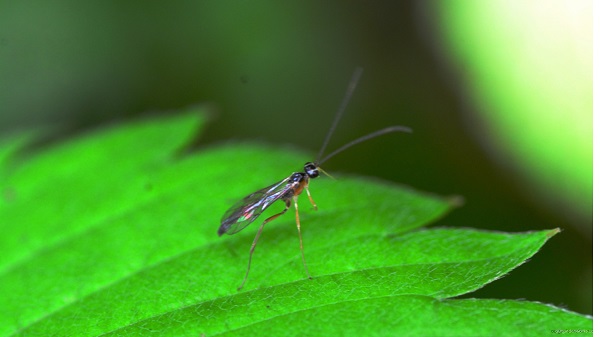
Fungus gnats, fruit flies, and almost most annoying flies belongs to the gnats family.
Adult fungus flies doesn’t pose harm to humans, pets, or plants. However, they can swarm in certain areas of your garden or porch, which can be very annoying.
Though adult fungus gnats are harmless, their larvae feeds on the roots of seedlings and young plants. So, the presence of the adult ones may imply that they are laying their larvae somewhere in your garden.
In some cases, the organic potting mix and fertilizers from big box stores are contaminated by fungus gnats.
The good thing is that diluted citronella solution can help deter the adult ones to prevent the adult fungus gnats from spreading their larvae all over your garden.
Other natural repellents that you can use are as follows
When citronella oil is mixed with a carrier oil, like olive oil, you can apply it on your skin.
It can help ward off the itchy and pesky fungus gnats that lands on your legs or arms during summer. However, you’ll need to reapply it frequently for optimal efficiency.
#4 Black flies
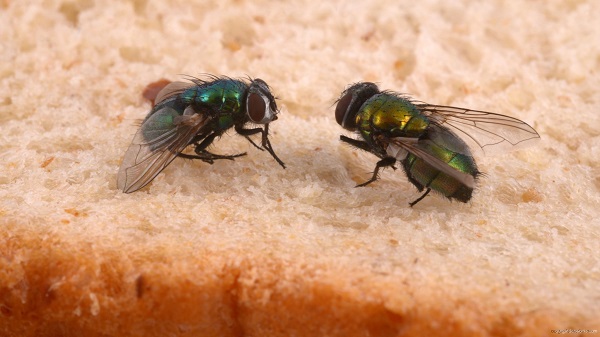
Black flies during summer are the reason why most of us use screen doors and windows. However, some of them may enter our homes which can be detrimental to food and water contamination.
Though these annoying flies are harmless, they can carry diseases that can cause diarrhea and digestive issues. Deet and citronella are popularly used to keep black flies out of the house.
Usually, handymans and homeowners use the diluted citronella oil on paint to paint decks, patios, and other outdoor areas to easily keep off flies and other bugs.
Pro tip: You’ll need to re-apply citronella and deet to boost its efficiency throughout the day.
#5 Head lice
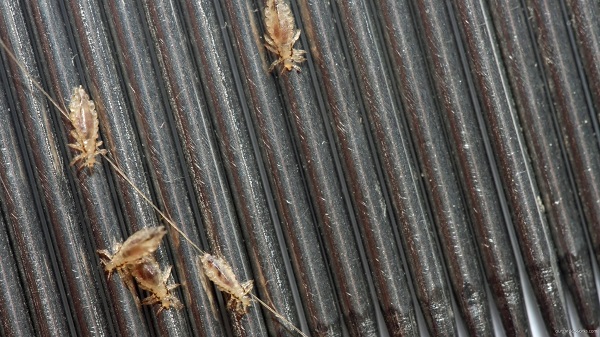
Head lice that are commonly found in children’s scalps can be treated with diluted citronella oil. It can only be used to repel the adult ones and prevent them from laying eggs in the hair.
In one study, citronella-based treatment significantly decreased the amount of head lice on patients. However, some of the participants experienced mild side effects such as itching.
Here are some citronella-based shampoos that you can use on your kids suffering from lice infestations:
#6 Cockroach
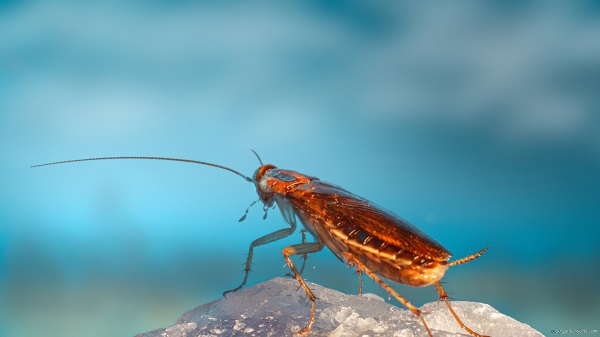
Citronella oil is considered a good alternative to chemical pesticides in repelling roaches. According to a study, concentrated citronella oil has around 70% to 80% efficiency in repelling roaches.
The application of citronella oil is almost the same as applying pesticides in residential homes. Spray it around the possible entryways of the roaches and in areas with high bug traffic.
#7 Spiders
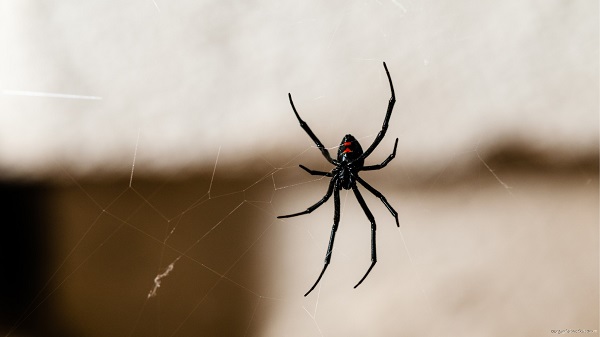
Out of all the critters that might enter your home, spiders are probably the deadliest ones that you need to address as soon as possible.
Spider stings can cause severe conditions like paralysis and deadly allergies to some people.
If you don’t want to expose your family to strong chemicals, you may use citronella to keep them off the house. However, you have to frequently reapply it to ensure its strong repellent properties.
Heavy infestation of spiders, especially the venomous ones like brown recluse and black widow, may require more potent chemical treatments.
These types of spiders should be dealt with utmost urgency since their bite can cause severe health conditions.
Final Thoughts
Citronella oil is a natural option that not a lot of people know about. Pesticides might be advertised to be safe when dry but there are still some health risks that comes with it.
If you have kids or pets, it’s best to consider natural options in cleaning and protecting your house from pesky bugs.
Share this post with your friends and let us know in the comments how citronella oil worked for your favor.
